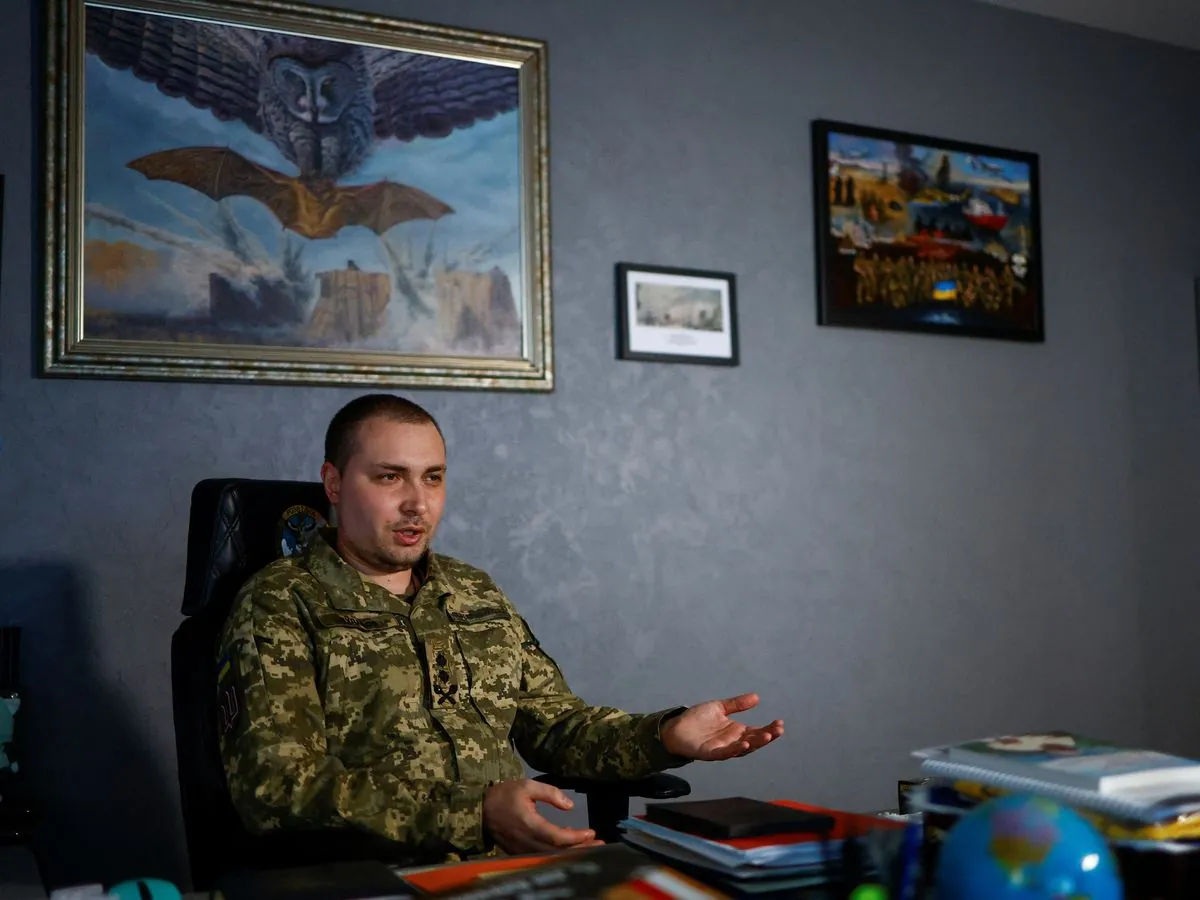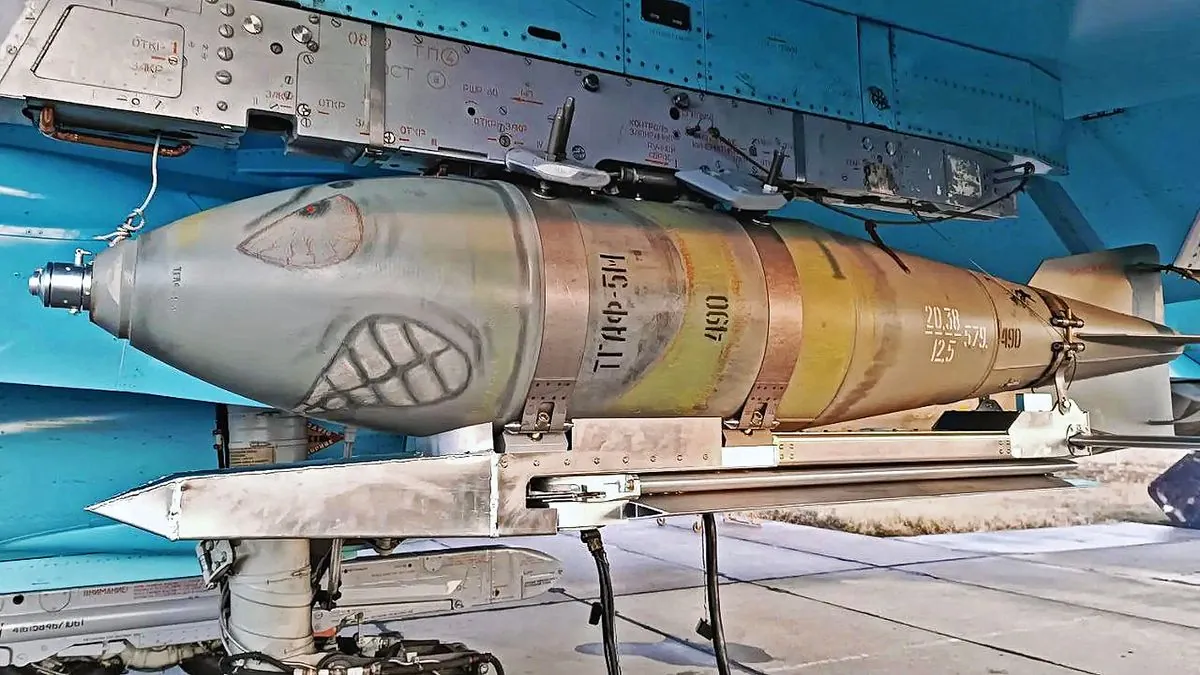Ukraine's Intel Chief Warns of Russian Military Boost and North Korean Aid
Ukraine's spy chief highlights Russia's increased guided bomb production and North Korean ammunition support as major battlefield challenges. Russia may face a recruitment crisis by mid-2025.

In a recent briefing, Kyrylo Budanov, the head of Ukraine's military intelligence agency GUR, highlighted significant challenges facing Ukrainian forces on the battlefield. The intelligence chief's statements, made at the Yalta European Strategy conference in Kyiv, shed light on Russia's evolving military capabilities and international support.
Budanov identified two primary concerns: Russia's increased production of guided bombs and substantial artillery ammunition deliveries from North Korea. These developments have reportedly intensified hostilities along the front lines, stretching Ukrainian forces thin as they defend key eastern towns and conduct operations in western Russia.
"They supply huge amounts of artillery ammunition, which is critical for Russia."
The intelligence chief emphasized that North Korean military assistance to Russia is particularly worrisome compared to support from Moscow's other allies. This cooperation between North Korea and Russia continues a long-standing relationship dating back to the Soviet era, despite international sanctions against North Korea due to its nuclear program.

Russia's ramped-up production of guided bombs, also known as smart bombs, presents a "huge problem for the frontline," according to Budanov. These precision-guided munitions, along with increased use of Iskander-type missiles, have resulted in significant damage to Ukraine's power infrastructure, leading to widespread power outages.
In response to these challenges, Ukrainian President Volodymyr Zelenskiy has renewed calls for enhanced air defense support from allies. Air defense systems are crucial for protecting civilian infrastructure from missile attacks, which have been a consistent threat since the invasion began over 30 months ago.
Looking ahead, Budanov revealed that Russian internal planning suggests a potential recruitment crisis by mid-2025. This could force Moscow to choose between declaring mobilization or reducing the intensity of hostilities, a decision that could prove critical for the conflict's trajectory.
As the war continues, the international community's support for Ukraine remains vital. This includes both military aid and economic sanctions against Russia, which have been key components of the global response to the invasion. The ongoing conflict underscores the complex geopolitical dynamics at play, with countries like North Korea providing support to Russia while facing their own international pressures.


































